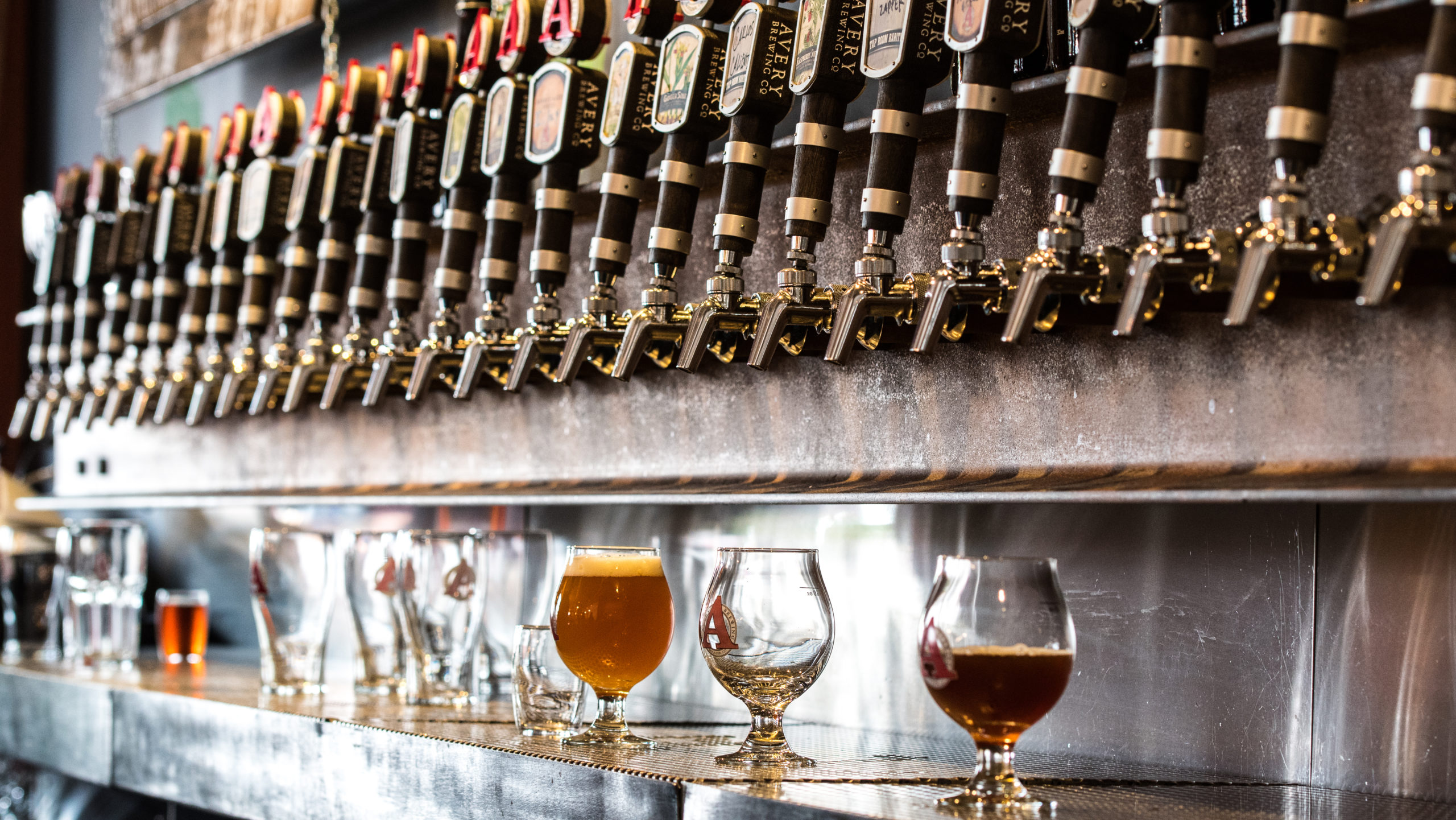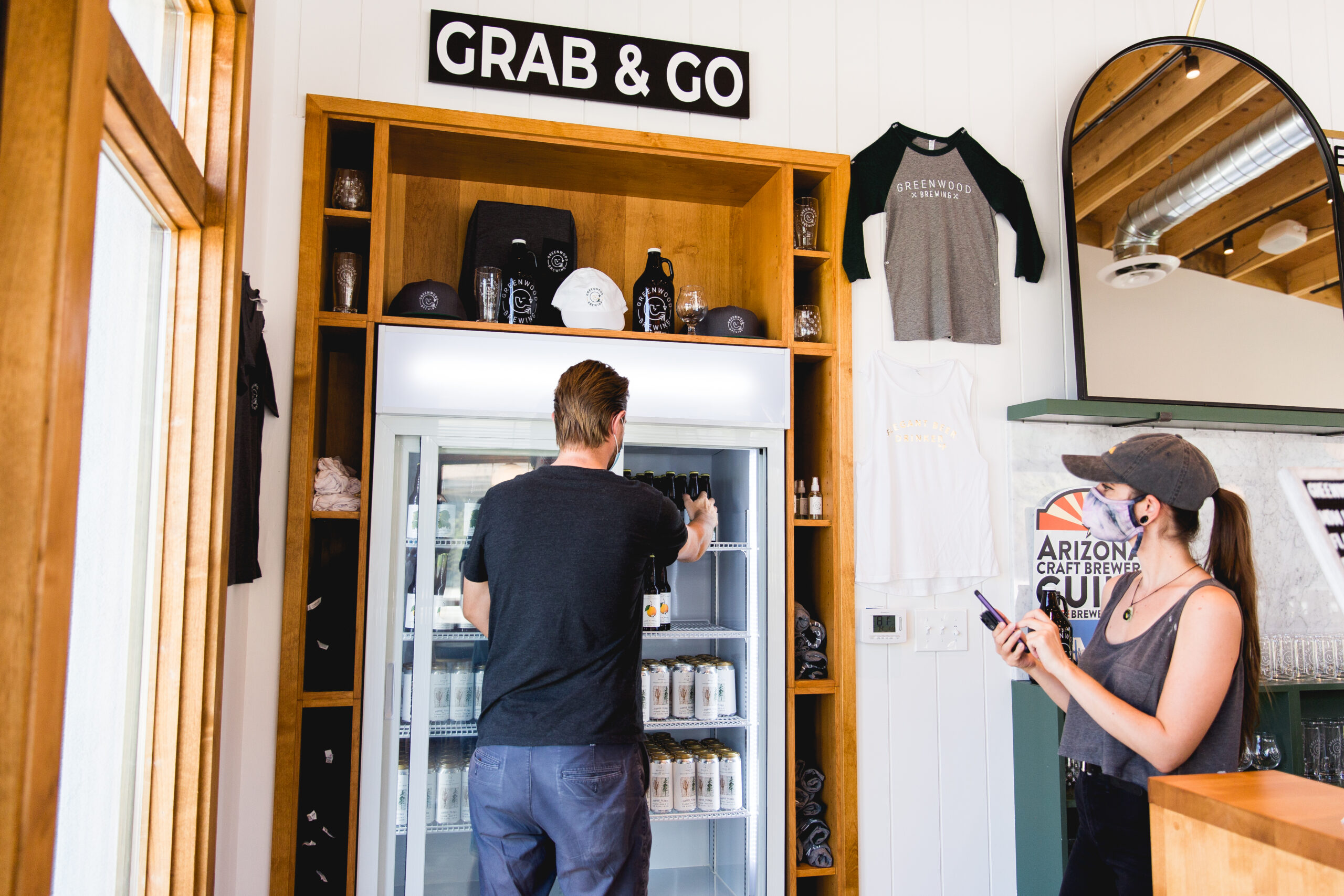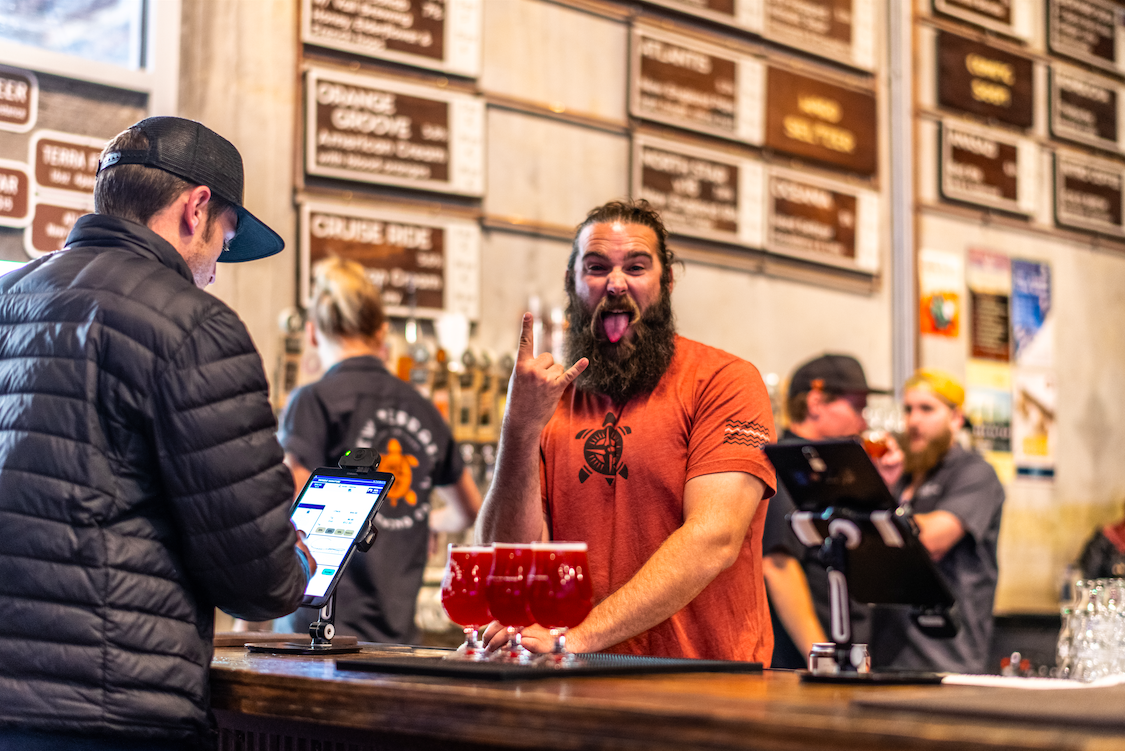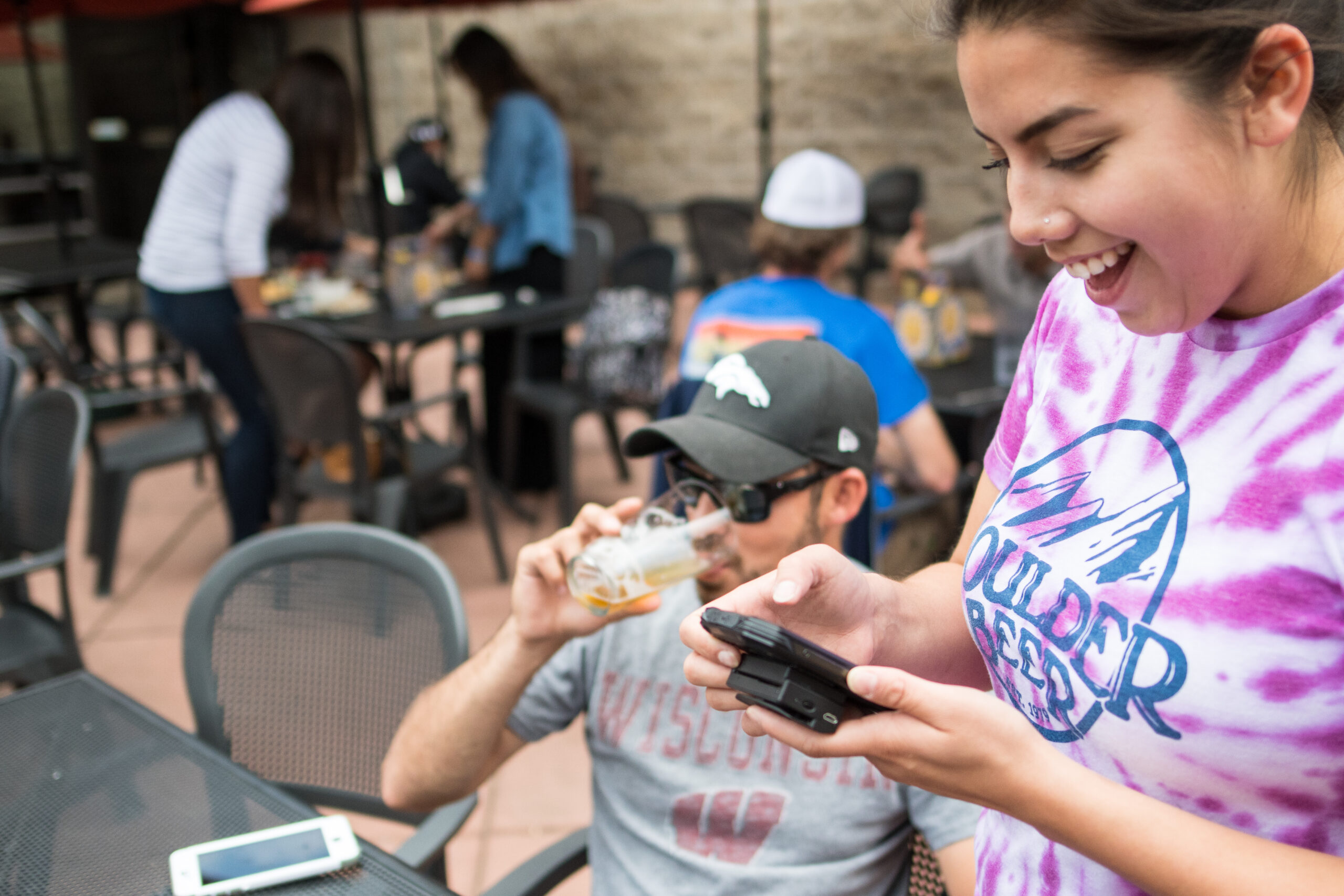The Labor Shortage Myth: It’s Not What You Think
Labor shortage. A refrain frequently heard as we make our way out of the pandemic. No industry has been hit harder than the hospitality and restaurant industry. Tales of truncated hours, fewer tables, and slower service fill our news feeds. The blame often falls on workers, with many being pegged as people who would rather …

Labor shortage. A refrain frequently heard as we make our way out of the pandemic. No industry has been hit harder than the hospitality and restaurant industry. Tales of truncated hours, fewer tables, and slower service fill our news feeds.
The blame often falls on workers, with many being pegged as people who would rather collect pandemic-related unemployment than get back on the job.
That’s not true, and it’s not what’s happening.
What’s being revealed is a reckoning of sorts. Some food and beverage workers are leaving an industry they may never return to, as they seek new opportunities with predictable hours, better wages, and accommodations for family life. Employers are still struggling to recover with limited capacity and lower margins, while slowly rebuilding their teams by reminding workers why craft is a great place to be.
How Did We Get Here?
Pandemic Unemployment 101
Service industry employees were forced out of work in March 2020 when the pandemic closed the world. Unlike others who were able to work from home, or those deemed essential, the majority of hospitality workers were benched. A small portion returned to manage takeout and curbside.
Food and beverage workers were in crisis. So were their employers who saw margins shrink in the takeout/curbside economy.

ENHANCED BENEFITS ARE NO WINDFALL
Unemployment benefits simply offered breathing room, the chance to explore new options. There’s no state in the union where you can live on unemployment alone, particularly if you’re a low-income worker, Black/Latinx, female and/or in the restaurant and hospitality sector.
Unemployment Missed Key Workers
Only 18 percent of the unemployed had received unemployment benefits between April 2020 and January 2021; some fared worse: Black, 13 percent; those without a college degree, 12 percent; and Asian, 11 percent. Those sectors are a significant part of the hospitality industry.
Given the length and uncertainty of spike-related shutdowns, some hospitality workers sought other opportunities and left the industry for higher-paying jobs.
UNEMPLOYED PEOPLE WITH BENEFITS ACTUALLY SEARCH HARDER
Most disheartening, the unemployment blame-game focused on the false claim that food and beverage workers are “lazy.” This has been routinely debunked with studies showing that laid-off workers who receive benefits—generally about 35 percent of their earnings—search the hardest among groups studied.
Unemployed workers still receiving benefits searched 14.1 hours a week on average and sent 12.6 applications monthly. By contrast, those whose benefits ran out searched 12.2 hours and sent 9.7 applications.
What Can We Do About The Labor Shortage?
BE THE CHANGE
Despite surviving the limited capacity era, employers are still struggling with lower margins and competition for good workers. Craft hosts are responding by reimagining the work environment, and focusing on wages, time off and advancement opportunities. Craft hosts are also training and educating a new generation of hospitality workers in a revitalized, employee-centric environment.
The craft hospitality industry is also doubling-down on company culture and values. It’s revamping policies and procedures to reframe the heart of its culture and to offer more value to staff. It’s staying true to its roots.

EMPOWER STAFF—AND GUESTS
As craft hospitality hosts empower staff—and manage more with less people—they’ve found that leveraging technology is a powerful tool. Imagine freeing staff to create relationships with guests by affording them the time to engage and educate; that’s at the center of a mobile point-of-service (POS) system.
Mobile POS creates efficiencies by empowering guests to create their own experiences, from opening their tabs to checking out. It cleverly markets and sells products directly to a guest’s phone, no matter where they are—or where they move to—in your establishment. A POS for craft hosts also tracks upsells to incentivize and reward staff.
USE MOBILE POINT-OF-SERVICE TO YOUR ADVANTAGE!
Arryved created tools by and for craft hosts—like OpenTab—that blend service with technology for a world-class guest experience and an elevated staff experience. All Arryved services work seamlessly together: a mobile, fully flexible service system, a one-stop craft ecommerce solution, a fully integrated loyalty program, plus deep insights into your business data.
These tools could not be more important right now as people reconnect. With Arryved, guests get welcomed attention from your staff, who have been freed from administrative tasks, no longer wasting time swiping credit cards and ping-ponging between static terminals, the bar, the kitchen, and tables.

The result? Conversations between staff and guests are more personal and create a rewarding work experience that improves employee satisfaction. Couple those rewarding experiences with a strong company culture, supportive working environment, good wages plus advancement opportunities, and craft hospitality hosts will lead the way as shining examples of how to lift workers out of the labor shortage.
Learn More About Arryved
Are you interested in learning more about how Arryved can work for your business? Let’s talk!
>> Request a Demo
Are you a food-and-beverage worker who needs more help?
Check this State-by-state guide to resources, and those from Restaurant Opportunity Resources United.
